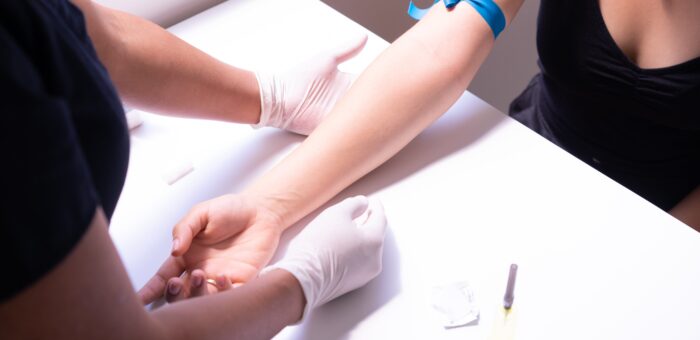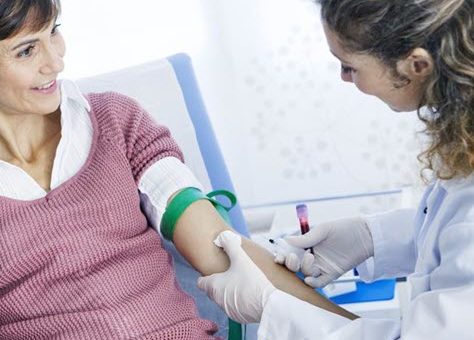Phlebotomy Technician Career Guide: Steps to Success in the Healthcare Field
Are you looking for a rewarding career in healthcare that offers stability, growth, and meaningful patient interactions? At Med-Cert Training Center, Affordable Medical Training Since 2005, we've been guiding aspiring healthcare professionals toward successful careers, with a special focus on communities across Ohio, including Cleveland and Akron. Understanding the Phlebotomy Technician Role Phlebotomy technicians are crucial healthcare professionals responsible for: Drawing blood for medical tests, transfusions, research, and donations. Interacting directly with patients. Ensuring proper sample collection and handling. Maintaining accurate medical records. Supporting diagnostic processes in hospitals, clinics, and laboratories. Key Skills for Phlebotomy Success Successful phlebotomy technicians develop a unique blend of technical and interpersonal skills: Technical Skills Soft Skills Career Opportunities in Ohio The healthcare landscape in Ohio, particularly in metropolitan areas like Cleveland and Akron, offers…




